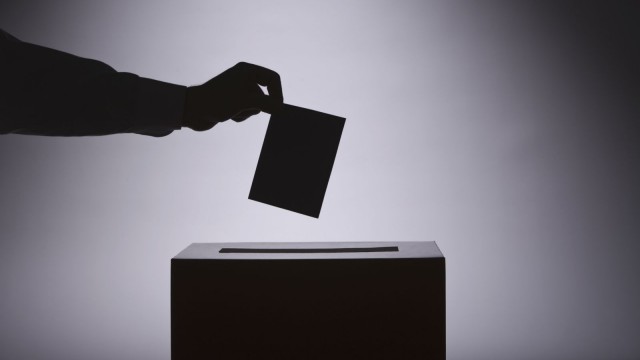If you thought John Kerry was a flip-flopper, then get a load of the candidates for the Massachusetts 10th Congressional open seat: Republican Jeff Perry caught fire and began peeling support away from the Democratic front-runner, William Keating. Then, out of nowhere, two lifelong career Democrats entered the race as un-enrolled candidates with tea party platforms. MaryAnne Lewis, a Democratic activist, lobbyist and former assistant to disgraced ex-Speaker Tom Finneran, came out staunchly in favor of 2nd Amendment and against Obamacare and amnesty for illegal immigrants. Jim Sheets, the 74-year-old Democrat who served six terms as mayor of Quincy, parroted Lewis’s platform while opposing runaway federal spending and cap-and-trade. In the end, Keating squeaked by Perry with a 4.5% lead. Now, if Democrats wouldn’t be caught dead at a tea party, then why, by God, did these two run as tea party candidates?
For the same reason Arizona Republicans recruited a tarot card reader and a homeless street performer to run for office on the Green Party ticket. And for the same reason the Democratic Congressional Campaign Committee dispatched an operative to manufacture a tea party candidate to “spice up” the election of a freshman New Jersey incumbent: to sabotage their opponent’s chances by leveraging fake spoiler candidates.
It is the silent scream of our election system, and it’s perfectly legal. Many political consultants would even call it clever. It has been used to benefit or thwart both major parties. And there’s no one at which to point fingers, for there’s no one to blame. The system made them do it. It’s our antiquated “plurality” voting system, and it’s painfully easy to game.
Tracing its roots back to Athenian democracy in the 6th century BC, the plurality system has somehow puttered its way into 21st century America and now wreaks havoc on any election that contains more than two candidates and lacks a runoff component. Without a second runoff election, for instance, a five-person election means that a candidate could win with as little as 23 percent of the vote, as we found in the Arizona third district Republican primary last August. And in a tight two-person race, the entrance of a third candidate can completely spoil the outcome. For a few thousand bucks (and some political favors down the road), a candidate can hire a friend to whip up a website, send out some press releases, collect signatures, and get on the ballot as a stooge candidate in order to confuse voters and siphon votes away from their opponent by mimicking their opponent’s political platform.
Some candidates and political parties on the receiving end of this dirty trick have tried to sue the state to protect against stooges from getting on the ballot, but to no avail. If a candidate followed the rules then they have every legal right to wage a campaign. Even if the law could be changed, proving collusion between candidates and their stooge associates would be difficult, not to mention the restrictions that could harm innocent candidates from ballot access.
The only viable way to secure our elections is by upgrading our 3,000-year-old voting system for one that’s suitable for the 21st century: Ranked Choice Voting (also known as Instant Runoff Voting). It maximizes voter choice by allowing voters to rank their candidates 1, 2, 3 in order of preference. It closes the spoiler loophole by allowing voters to vote their favorite candidate as their first choice, and then a similar candidate as their second “back-up” choice. That way, a vote can never be thrown away on a stooge candidate, as a voter can have the “real” candidate as their back-up ranking, and can rank as many back-up choices as there are candidates running.
Ranked Choice Voting is also the only alternative voting system that has a nationwide track record. From Cambridge, Massachusetts to Oakland, California, it is being adopted by new cities and towns every election year, not only for its superior integrity, but also to save money by consolidating multiple runoff elections into a single elections. If Boston adopted Ranked Choice Voting, it would save over $1 million annually. In this era of busted municipal budgets, isn’t it better to invest that money in education and infrastructure, rather than redundant, primitive, and worst of all — vulnerable — plurality elections?


